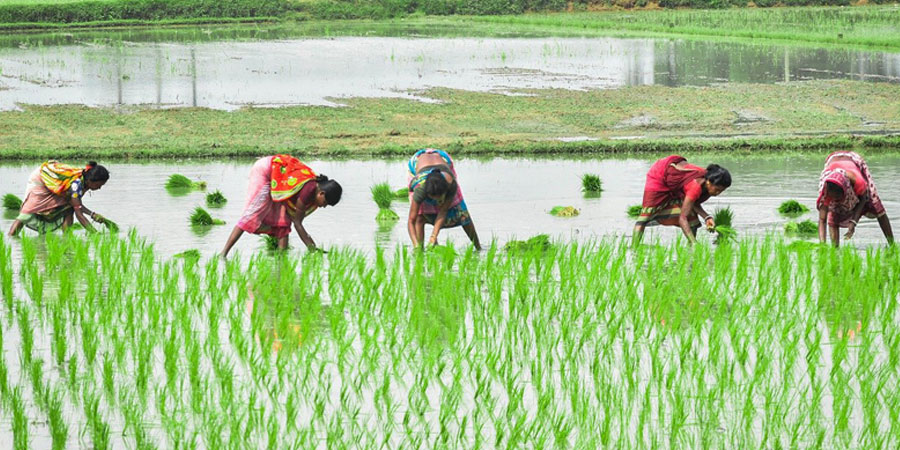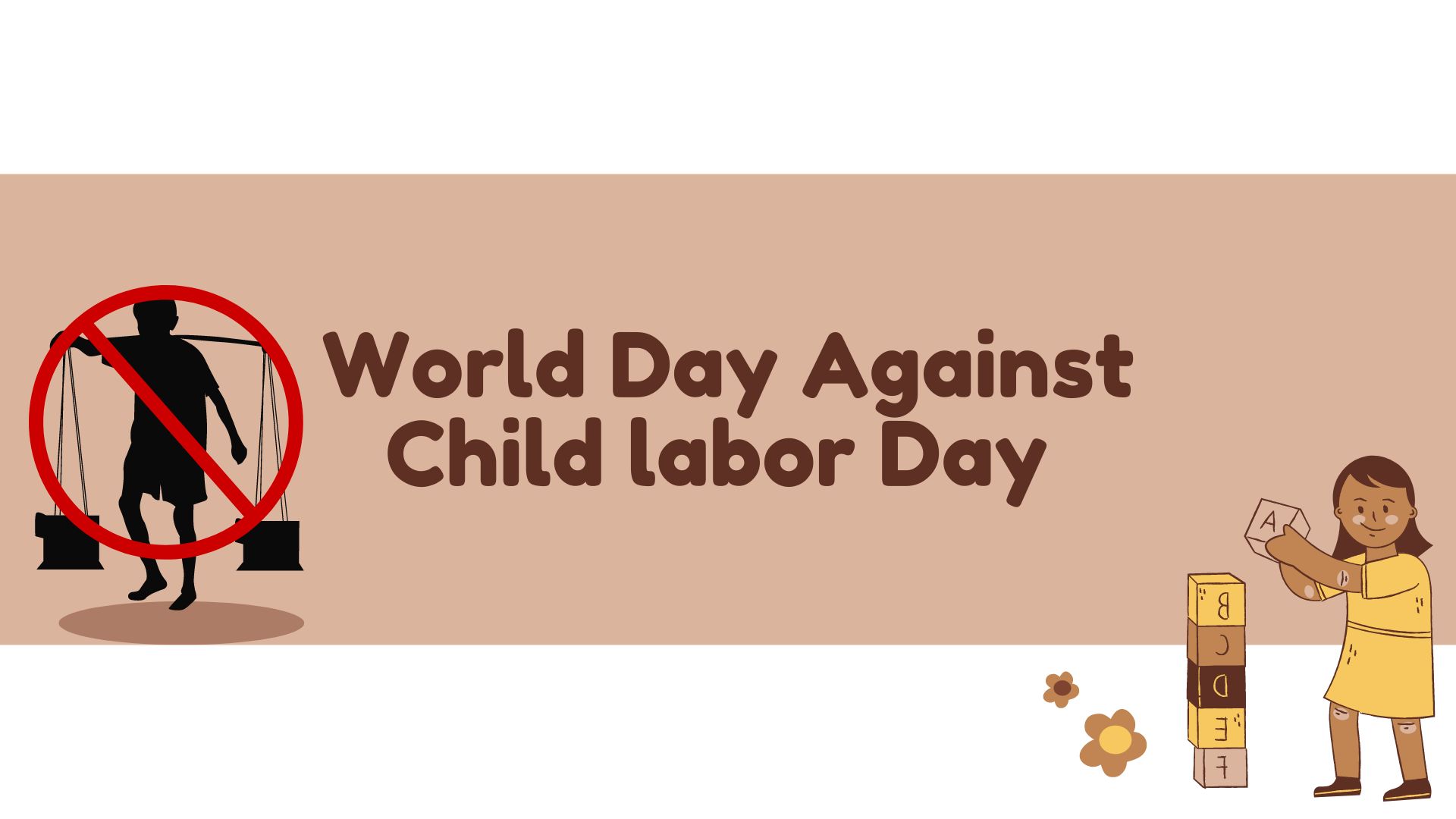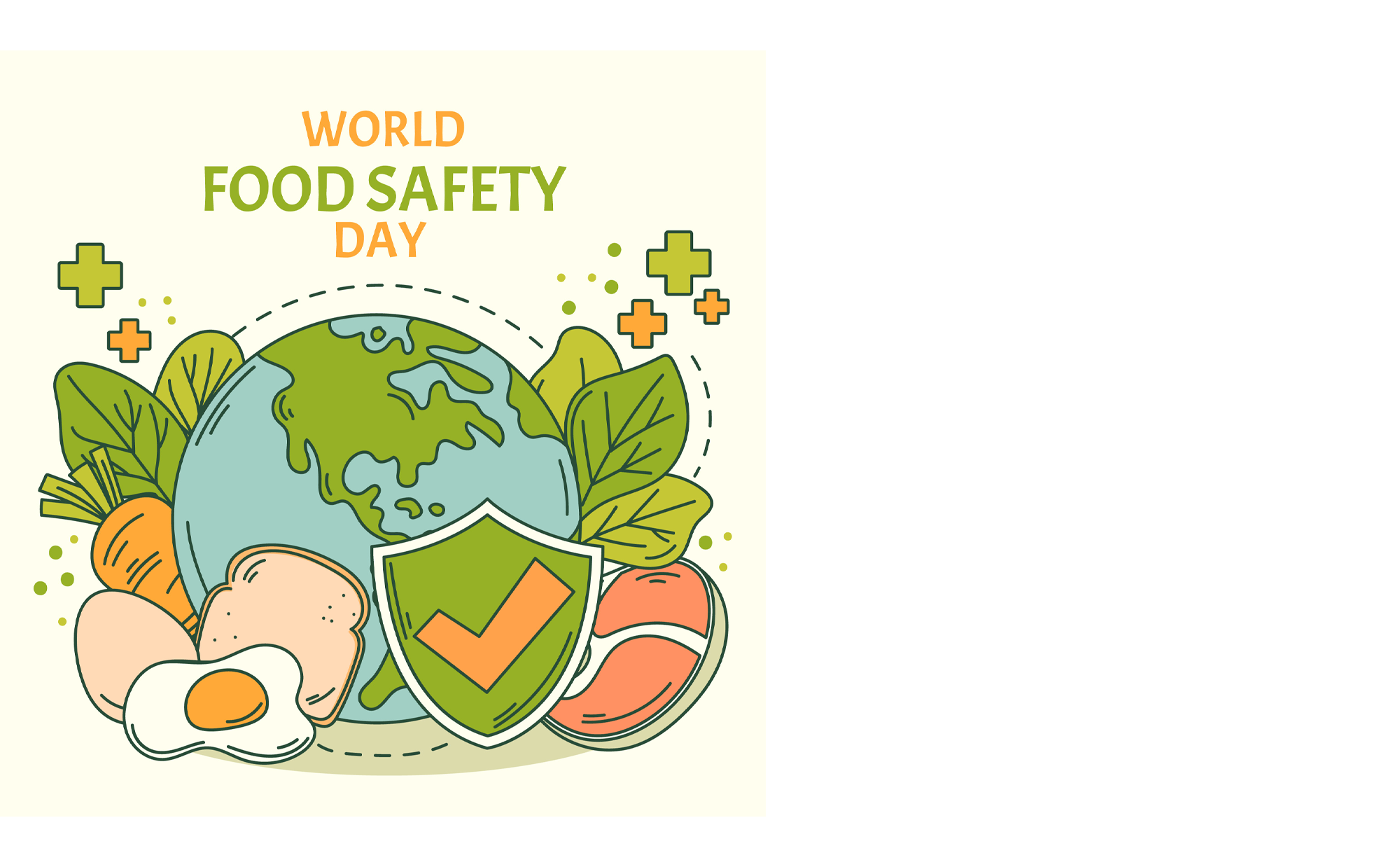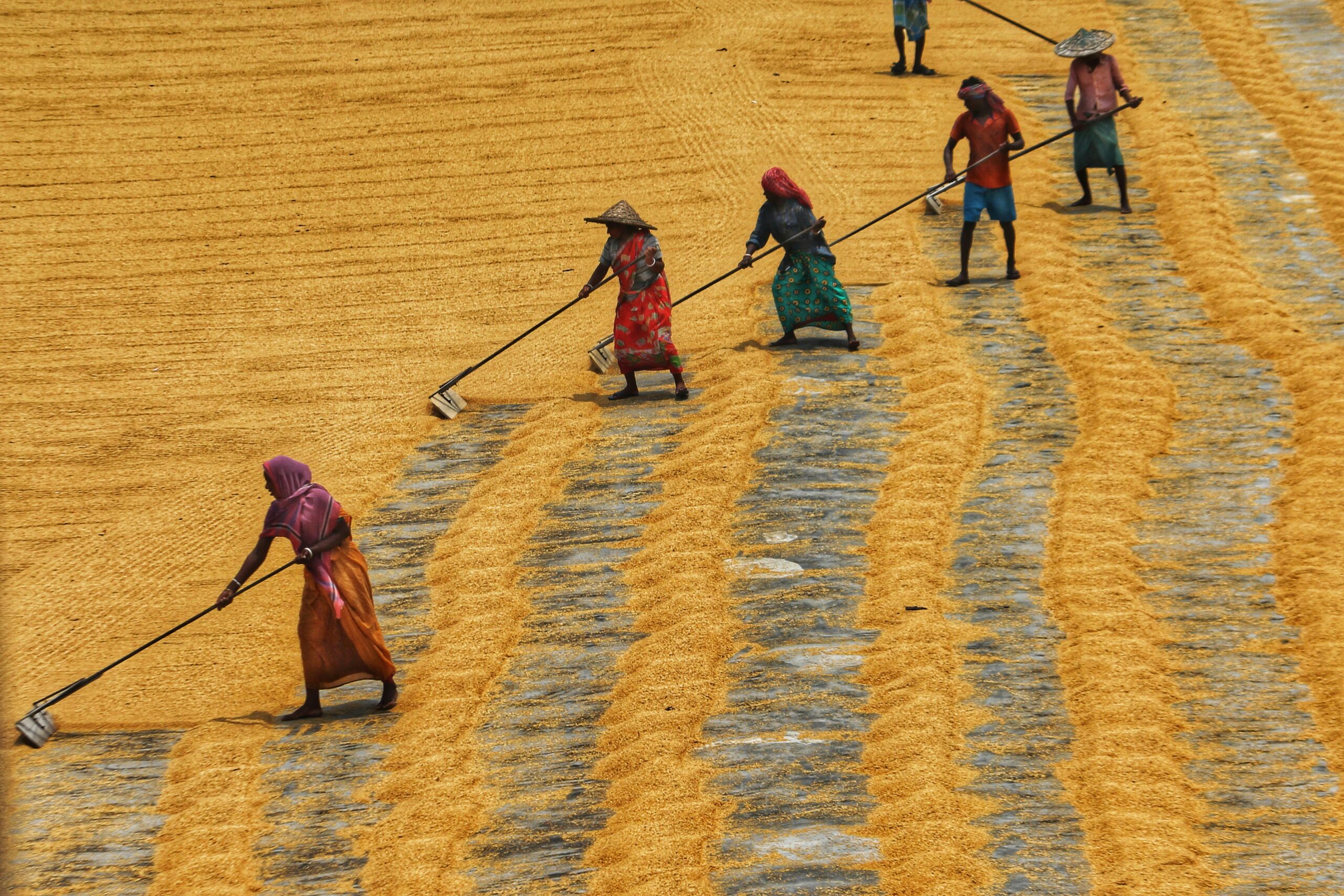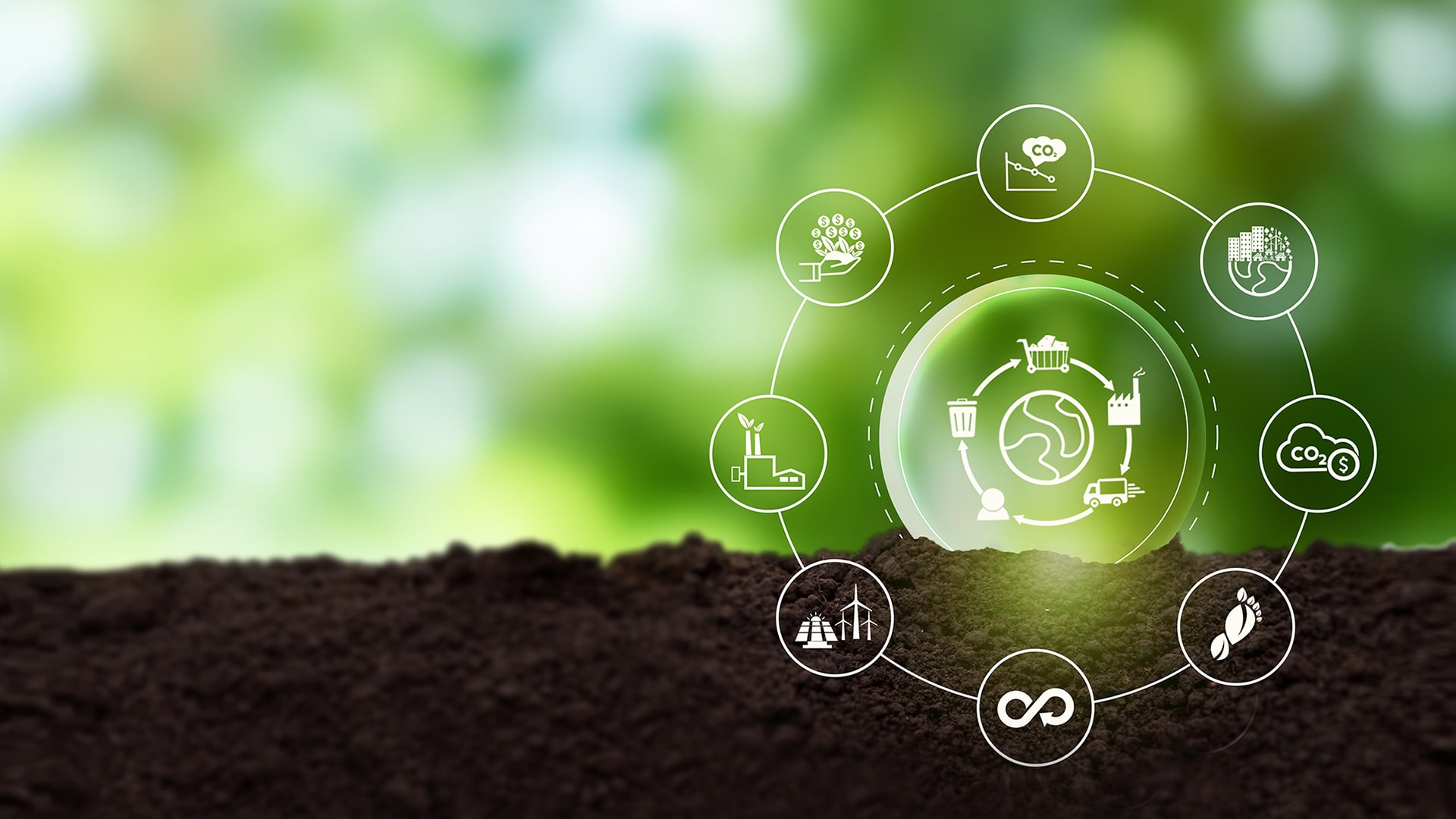As in many other countries, the COVID-19 pandemic is exacerbating humanitarian and development concerns that affect the lives of millions of families, farmers, and agri-businesses in India.
From limited essential healthcare services to harvest losses, labour shortages, reduced farm prices, and a lack of safety nets, the COVID-19 pandemic has exposed the vulnerability of economic and social systems.
As India works hard to mitigate the devastating effects of the pandemic and address basic humanitarian needs (i.e. clean water, oxygen, food, medical equipment), discussions are underway to define a recovery and resilience plan to “build forward more resilient, inclusive and sustainable [societies] and economies”. In this quest, are certification schemes that require actors within a value chain to adhere to a range of sustainability metrics—known as voluntary sustainability standards (VSSs)—relevant to support these efforts?
Let’s define first what resilience is. Overall, we understand resilience, as the ability of social, economic and ecological systems to maintain their function and capacity to adapt, learn and transform when faced with a disturbance, to “move from crisis to sustainability”. According to CARE, individual livelihoods or communities are resilient when they have the assets (natural, social, physical, human and economic), and capacities to cope with shocks and uncertainties, when drivers of risk (such as health crises or climate change) are reduced, and when a network of actors support these efforts (i.e. civil society organizations, public and private sector entities).
At the International Institute for Sustainable Development (IISD), we conduct research on how VSSs can support better economic, environmental, and social performance in various commodity sectors, while enhancing the livelihoods of producers and their communities. We also advise developing country governments on issues related to VSSs to inform their decision-making.
Our recent empirical research suggests that VSSs can support India to recover from the pandemic and enhance the resilience of farmers, communities, and agribusinesses by building their capacities and assets, and enabling a network of supporting actors in a number of ways:
- By building stronger value chain relationships between farmers and buyers where there is demand for VSS-compliant products. This can support farmers’ access to inputs and services (like training or finance), while securing their access to diverse markets (economic and social assets).
- By increasing farmers’ income and capacity to invest or save when prices for VSS-compliant products are higher or include premiums. This allows them to cope better with uncertainties or future shocks (economic asset).
- By strengthening farmers’ skills in sustainable agricultural practices, such as mulching, deforestation prevention, limiting agrochemical use, efficient water management, pollution reduction, and biodiversity conservation; when farmers apply these practices properly and VSSs are successful in monitoring and supporting their implementation, farmers can improve yields and crop quality, and protect natural resources and ecosystems that are essential for their livelihoods (human, economic and natural assets).
- By enabling farmers to form groups or small-medium agribusinesses, join cooperatives, and engage with supporting actors—including development organizations, buyers, investors, research institutions, and public agencies—that can provide services to them (i.e. knowledge and technology transfer, training, finance), and safety nets to support them when difficulties arise (human, social and physical assets)[1].
In short, VSSs can support Indian farmers and communities to build the capacities and assets required to recover from the pandemic and increase resilience. Their effectiveness can be enhanced when actions are taken to incentivize farmers to deploy sustainable practices, ensure demand for VSS-compliant products, and promote the structure of local value chains and the connectivity between their actors. Communities have also better chance of building resilience when there is a network of actors in place to support and expand on the work of VSSs.
The author would like to thank Sally Millett and Sara Elder for their valuable contributions to earlier drafts of this blog.
[1]Forthcoming IISD’ SSI: Standards, Market Access and Poverty Reduction Review, fall 2021


